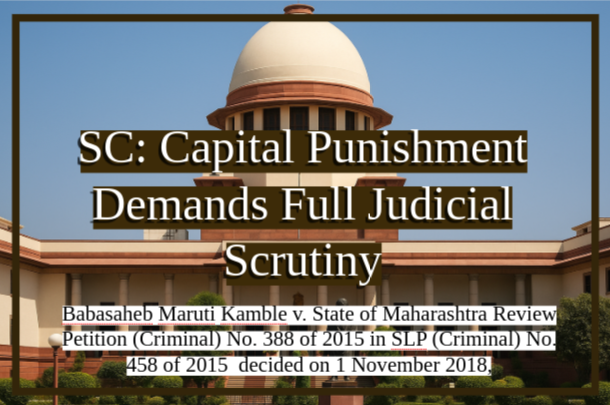Workplace Safety: Singapore High Court Clarifies Sentencing under the WSHA
- M.R Mishra

- Sep 14, 2025
- 2 min read
The Singapore High Court in Public Prosecutor v Yeo Teck Soon [2025] SGHC 179 has delivered a significant ruling that sharpens the contours of corporate officers’ liability under the Workplace Safety and Health Act (WSHA).

What's The Matter?
The case arose from a 2016 incident in which defective formwork supplied by a company collapsed, injuring a worker. Both the company and its director, Mr. Yeo, were convicted under section 16(1)(b) read with section 20, and Yeo additionally under section 48(1), which imposes secondary liability on company officers.
The District Judge had earlier imposed a fine of $280,000 on the company and $150,000 on the director, finding the company moderately culpable but the director only negligent.
The Prosecution appealed, urging that Yeo’s culpability was understated and should be treated as moderate.

What The Court Said?
The High Court undertook a comprehensive review of sentencing principles for offences under section 16(1)(b) read with section 48(1), a relatively uncharted area in Singapore.
The Court endorsed the “two-stage framework” from Manta Equipment and Koh Lian Kok, emphasising that sentencing must balance the harm caused with the officer’s culpability.
Crucially, the Court held that while the harm level is pegged to the company’s offence, the officer’s culpability must be assessed independently.
Company-level culpability factors may be relevant only where there is a “direct nexus” between the officer’s omissions and the company’s breach.
Rejecting the Prosecution’s arguments that Yeo had condoned a culture of “blind trust,” implemented a fatally flawed SOP, or failed to train workers, the Court found no evidence of knowing disregard or consent to breaches. It held that the District Judge was correct in classifying his culpability as low negligence.
This ruling clarifies three key points: first, sentencing benchmarks for natural persons under the WSHA must follow Koh Lian Kok rather than frameworks developed for corporations;
second, officers cannot be mechanically saddled with their company’s culpability personal culpability remains distinct; and
third, allegations not properly put at trial cannot be revived on appeal, underscoring the continuing vitality of the Browne v Dunn principle in criminal procedure.
The decision is notable for reinforcing the legislative intent of section 48(1): to hold directors accountable where they truly contribute to systemic safety failings, while ensuring that liability is not a strict transplant of the company’s culpability.
In so doing, the High Court has provided much-needed clarity on a provision that squarely targets management responsibility in workplace safety, balancing deterrence with fairness in sentencing.







Comments